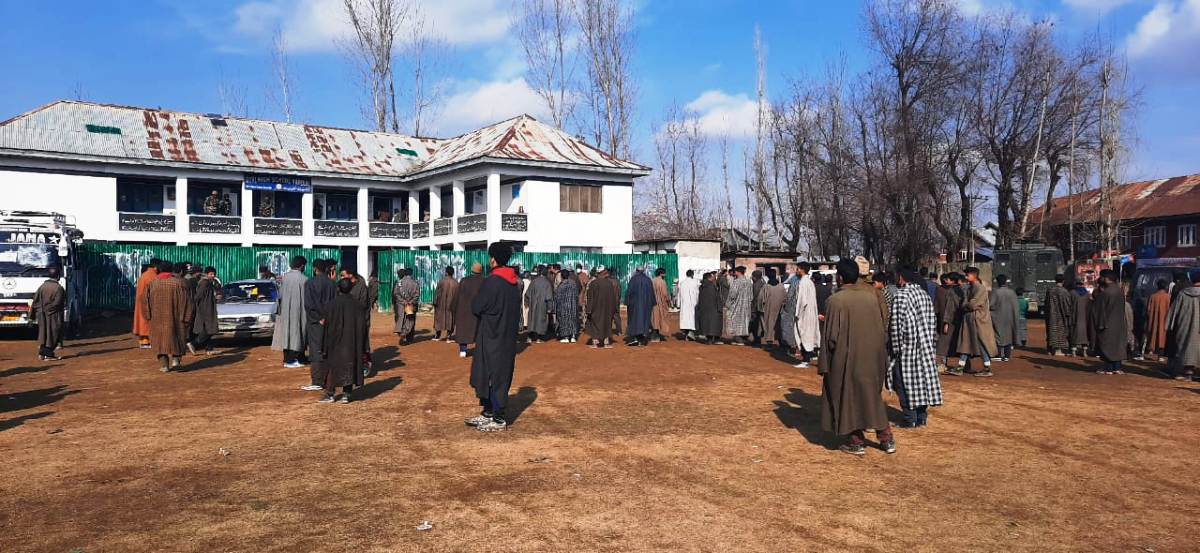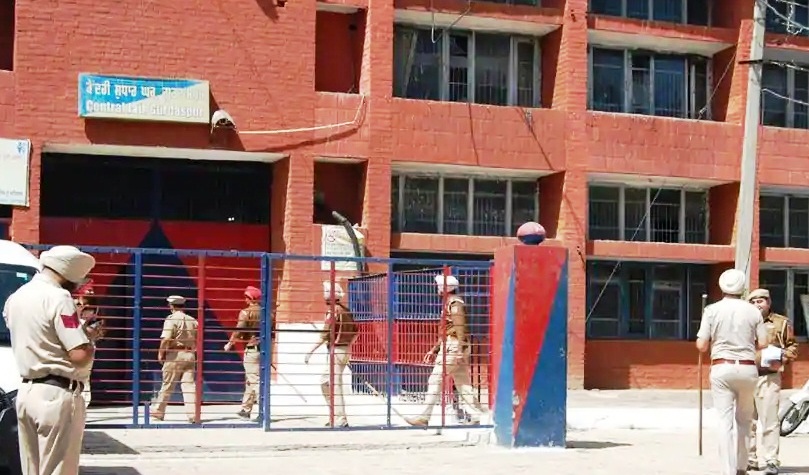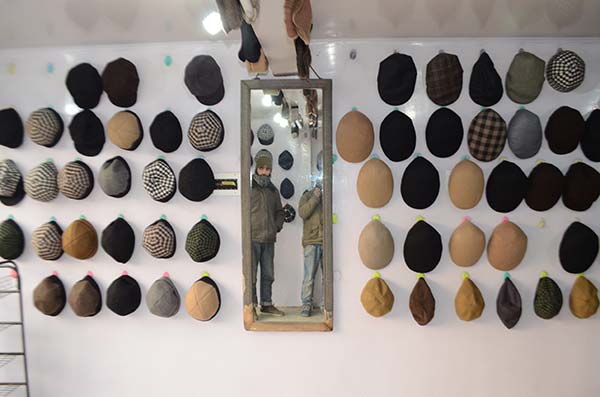Zafar Aafaq
KUPWARA
 At Shah News Agency in Kupwara Town, a few men have gathered around the newspaper stall scanning the news headlines of the day’s newspapers. The significant portion of the news stall is covered with Urdu newspapers which lie on the front side of the stall.
At Shah News Agency in Kupwara Town, a few men have gathered around the newspaper stall scanning the news headlines of the day’s newspapers. The significant portion of the news stall is covered with Urdu newspapers which lie on the front side of the stall.
The agency is the sole newspaper distributing agency and a leading newspaper retailer in frontier Kupwara district.
The manager of the agency Nisar Hussain says that most of the costumers who come here for newspapers pick mostly Urdu newspaper.
Of English dailies, though the titles outnumber their Urdu counterparts, the later wins in terms of number of copies sold a day.
The people get leading English newspapers through subscriptions mostly from the agency.
Shah News agency has a number of newspapers distributing points and a group of hawkers.
“One of the significant reason people buying dailies is to look for job notifications,” Nisar informs.
Some copies of different New Delhi based newspapers are also lying on the stall. “These newspapers come a day late,” Nisar sayd, “sometimes even after two-three days late.”
A student of a local college said that he has stopped the subscription; “there is no point in reading news two days later when you have access to internet,” he says.
The increasing penetration of internet is another reason behind decrease in subscriptions. Besides internet, “the lack of home delivery facility is the reason I don’t read newspaper regularly,” says Imtiyaz Shah, a local teacher.
The students who aspire for civil services seek essentially outside J&K newspapers. “When one sets goal for civil services, it is inevitable to read Chennai based The Hindu and other publications,” aspirant Taha Yaseen sai, “the newspapers contain the quality content which adds to the knowledge and information required for such exams.”
For Irshad Ahmad, who is a regular customer of New Delhi based Indian Express these local news agencies charge higher rates, “unreasonably”.
More so, the district is seeing an evolving magazine reading culture. “The students and educated class come here and buy news magazines,” says Nisar. “This trend shows that people do not only want to update themselves with latest happenings but also analyse the issues of political, social and economic importance.”















